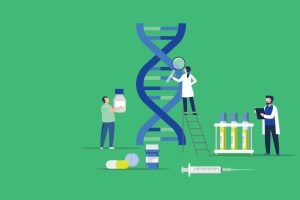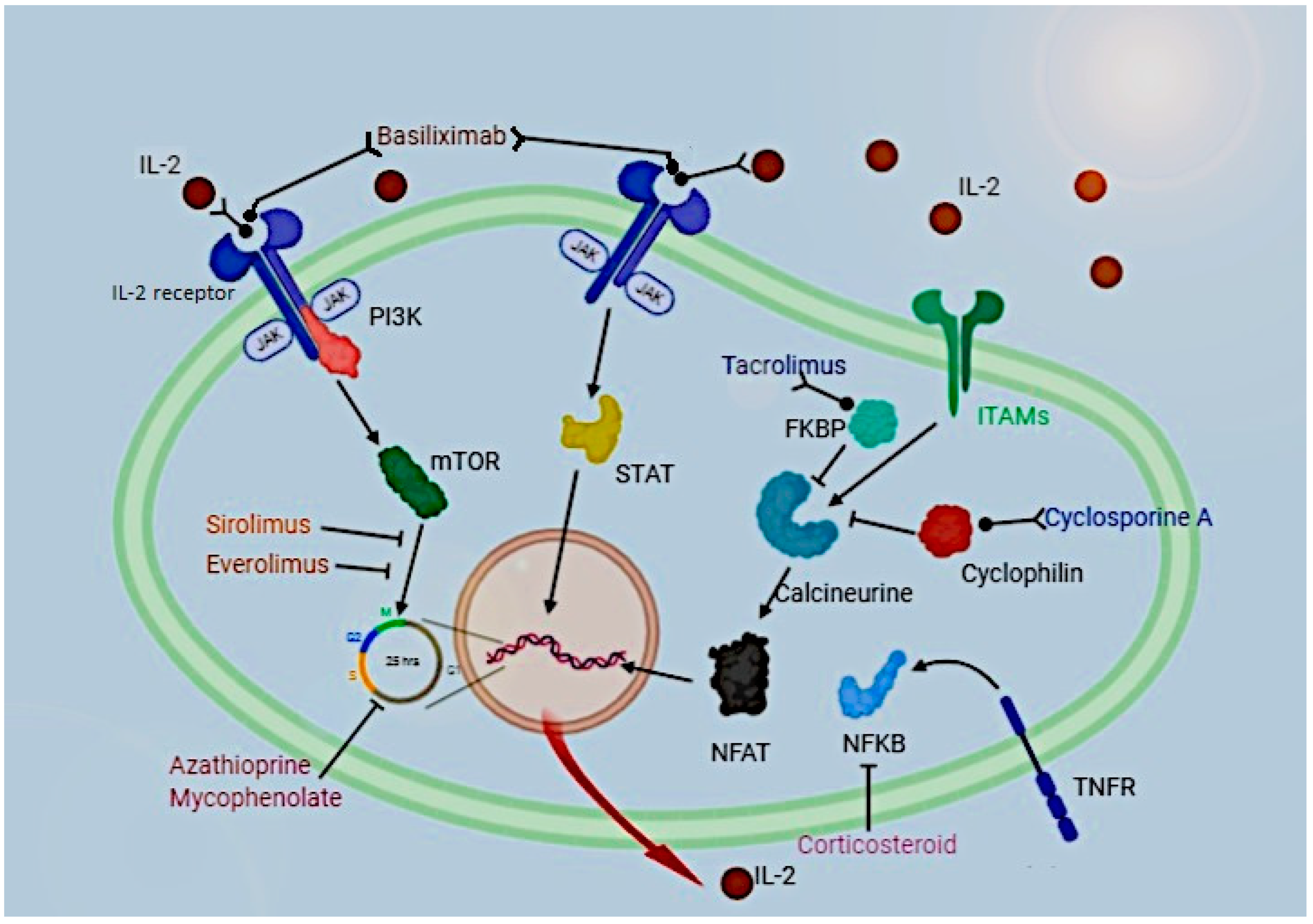The Future of Drugs: Pharmacogenomics Insights
Pharmacogenomics is poised to reshape the future of drug development and personalized medicine. By integrating genetic information into the prescription process, pharmacogenomics enables healthcare providers to tailor treatments to individual genetic profiles, improving drug efficacy and minimizing adverse effects. This article explores the promising advancements and future directions of pharmacogenomics, highlighting its potential to revolutionize medicine.
What is Pharmacogenomics?
Pharmacogenomics is a field of study that combines pharmacology and genomics to understand how genetic variations affect individual responses to drugs. Unlike traditional medicine, which often relies on a standardized approach to drug prescriptions, pharmacogenomics uses genetic information to customize treatments. This approach aims to enhance drug efficacy, reduce side effects, and provide personalized healthcare solutions.
The Science Behind Pharmacogenomics
The core of pharmacogenomics lies in the study of how genetic variations, such as single nucleotide polymorphisms (SNPs), impact drug metabolism. Genetic differences can influence how enzymes in the liver process medications, affecting their absorption, distribution, metabolism, and excretion. By identifying these genetic markers, healthcare providers can predict an individual’s response to specific drugs and adjust treatment plans accordingly.
Current Trends in Pharmacogenomics
Several trends are shaping the current landscape of pharmacogenomics, reflecting its growing role in personalized medicine:
1. Expansion of Genetic Testing
Genetic testing technologies have advanced significantly, making it more accessible and affordable. Comprehensive genetic tests can now analyze thousands of genetic variants associated with drug responses. As these technologies become more widespread, pharmacogenomic testing is expected to become a routine part of clinical practice, allowing for more personalized and effective treatments.
2. Integration with Electronic Health Records (EHRs)
Integrating pharmacogenomic data with electronic health records (EHRs) is enhancing the utility of genetic information in clinical settings. EHR systems that include pharmacogenomic profiles can provide healthcare providers with actionable insights at the point of care, facilitating more informed prescribing decisions and improving patient outcomes.

3. Focus on Rare Diseases and Cancer
Pharmacogenomics is increasingly being used to develop targeted therapies for rare diseases and cancer. In oncology, for example, genetic profiling of tumors can identify specific mutations that can be targeted with personalized drugs. This approach not only improves treatment efficacy but also minimizes the risk of side effects associated with conventional therapies. https://trialsgenetics.com.au/
Challenges and Considerations
While the future of pharmacogenomics is promising, several challenges and considerations need to be addressed:
1. Ethical and Privacy Concerns
The collection and use of genetic data raise ethical and privacy issues. Ensuring that genetic information is protected and used responsibly is crucial for maintaining patient trust. Clear guidelines and regulations are needed to address concerns related to data security, consent, and potential misuse of genetic information.
2. Cost and Accessibility
The cost of genetic testing and analysis can be a barrier to widespread adoption. Although prices are decreasing, genetic testing is still not universally covered by insurance. Addressing the cost and ensuring equitable access to pharmacogenomic testing are essential for realizing the full potential of personalized medicine.
3. Interpretation of Genetic Data
Interpreting genetic data requires specialized knowledge and expertise. Healthcare providers must be trained to understand and apply pharmacogenomic information in clinical practice. Continued education and collaboration with genetic counselors are necessary to ensure accurate interpretation and effective use of genetic data in treatment decisions.
The Future Prospects of Pharmacogenomics
Looking ahead, pharmacogenomics is expected to continue advancing and transforming the landscape of drug development and personalized medicine:
1. Development of New Drug Therapies
Pharmacogenomics will play a crucial role in the development of new drug therapies. By identifying genetic markers associated with drug responses, researchers can design drugs that are more targeted and effective. This personalized approach can lead to the creation of therapies tailored to specific genetic profiles, enhancing treatment outcomes.
2. Personalized Medicine as the Standard
As pharmacogenomics becomes more integrated into clinical practice, personalized medicine is likely to become the standard approach to healthcare. Genetic information will guide treatment decisions across various medical fields, leading to more precise and effective therapies that are tailored to individual genetic profiles.
3. Collaboration and Innovation
Collaboration between researchers, healthcare providers, and technology developers will drive innovation in pharmacogenomics. Advances in genomics, data analytics, and biotechnology will continue to enhance our understanding of genetic influences on drug responses, leading to new breakthroughs and applications in personalized medicine.
Conclusion
The future of drugs is being shaped by pharmacogenomics, offering a glimpse into a more personalized and effective approach to medicine. By leveraging genetic information to tailor drug treatments, pharmacogenomics promises to improve drug efficacy, reduce adverse effects, and advance the field of personalized medicine. As technology and research continue to evolve, pharmacogenomics will play an increasingly vital role in transforming healthcare and enhancing patient outcomes.


